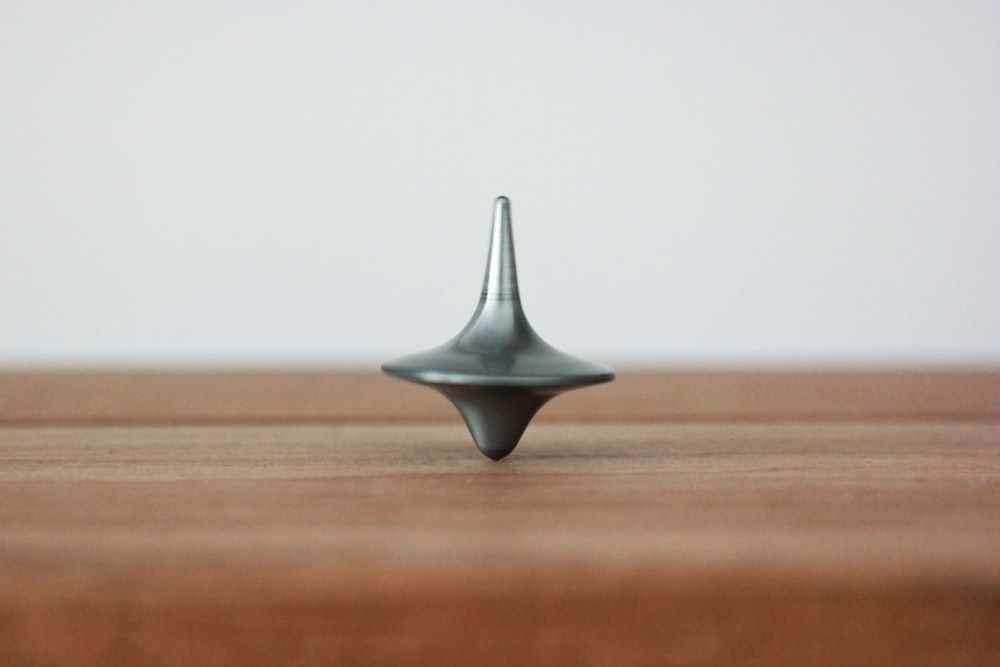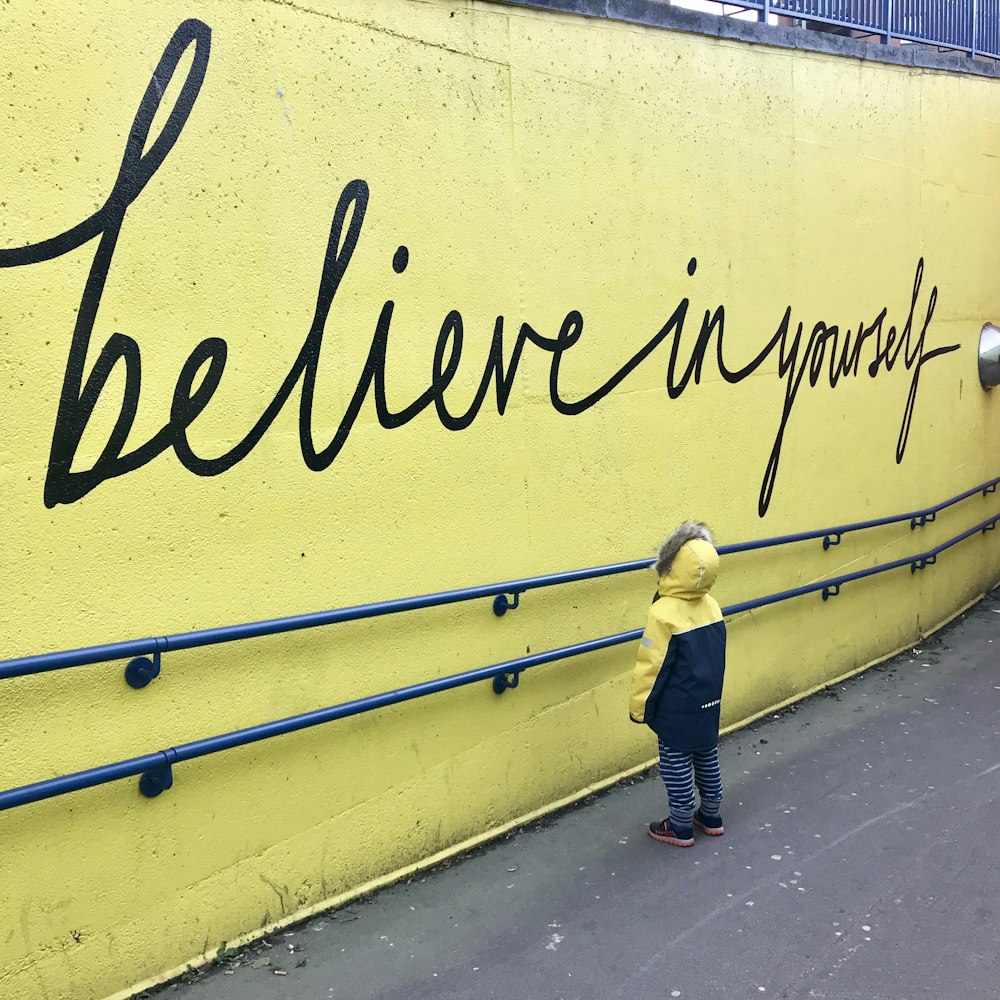Recently, while wandering the meditation centers of Missoula, I came across a guide to “Daily Dharma,” which was a short list of practices for Buddhists or people interested in Buddhism to improve their lives in small, approachable chunks. I thought I could modify that to be helpful for a broader audience. So, while these suggestions are inspired by modernized versions of Buddhism, they should be useful to everyone.
To begin, we can translate the term “Dharma” into contemporary English in a way that we all can understand and connect with. The easiest way to do that would be to render it as “foundation” or “support.” What is our deepest foundation or our innermost support? We could also think of it as the source of our deepest values.
Getting Centered
It’s easy to get lost in modern life, taken up in the stream of consumerism or anger over politics. Buddhists talk about greed and hatred or aversion as two of the key things that make us unhappy. They keep us off balance and uncentered in our lives. If we can slow down and find our center, our source of internal peace, then we can begin our journey to lasting happiness.
So the first practice of daily self-compassion can be the practice of centering. For this, we might try a 2, 3, or 5-minute meditation practice, following the breath in and out. By doing this, we actively let go of our desires for satisfaction from outside forces. We have to pause from whatever consuming we were just doing. Sometimes we’re consuming too much food that we don’t need, or TV or YouTube videos that offer quick entertainment, or social media. Sometimes it makes us happy, but then it ends and we want more. Sometimes it triggers our anger and we feel the need to share it and talk about how awful it is.
Centering can be an amazing gift to ourselves as we see that we can find peace and calm without all of these outside factors. I find that when I’m centered, I look forward to healthy meals and I do not overeat. And I look forward to catching up news in small doses, but I know when to turn it off.
Consuming Knowledge
Now that I’ve said how bad consuming can be, let me suggest some helpful consumption. Each day, try to read a few pages of an inspirational book. It can be a religious text, or something “spiritual but not religious,” or a book on happiness, good habits, or historical wisdom. Biographies of great people can help deepen our understanding of the world and how to face great challenges. The latest science of happiness can give us new tools to combat stress or boost well-being.
Whatever works for you: just stick with it. If you find that you scroll social media late at night, that is an especially good time to replace a potentially unhappy practice with a better one.
Pause and Reflect
If you spend time before bed reading, try spending a little time each morning to reflect and even journal. What insights or ideas might have arisen overnight? None of it needs to be processed or planned out, just write. You can always come back to it later if the idea sticks with you.
Over time, the readings you take in can feel like they are impacting a larger and larger part of your life. They’ll offer guidance not only for you, but wisdom you might see applied to others.
Pondering our Direction in Life, Choices Large and Small
Next, we can take some time to think about our life. Likely, there are some big things we might like to change: perhaps a relationship or two, or our work, or the amount of exercise we get.
There is no need to pressure ourselves to “fix” anything in our life in a rush. Instead, we can think of small changes we might make to improve our direction in life – like turning a great ship at sea. Slowly, over time, we’ll see the benefits. Perhaps we can take up the practice of loving-kindness meditation, which I have written about before, sending some positive energy to whoever is causing strife in our lives. Eventually, that could translate into more openness or kindness when you encounter that person in the future.
Perhaps we’ll take the steps to change our work situation: reviewing our resume, checking for relevant jobs, thinking about additional skills we might want to develop. If we’re doing this, there’s no guarantee we’ll get our result right away, but we’ll be moving in the right direction at least.
Daily Affirmations
Another small thing we can do for ourselves is creating daily affirmations to remind ourselves of our goals and the best way to get there. Perhaps you make a weekly shopping list: write at the top, “healthy foods, happy body and mind.” That way you’ll be reminded of that as you shop and maybe skip one or two of the unhealthy snacks you’re accustomed to.
Near your front door, you might hang a picture saying, “spread peace with every step,” to remind you that each day is a new opportunity to put joy and peace out into the world.
Customize the affirmations to fit your life and your goals.
In fact, customizing to your own life and goals is a part of the whole process of cultivating daily self-compassion. Beware of any one-size-fits-all remedies being sold out there, from the latest easy exercise technique to that new fad diet. Just because something works great for one person, doesn’t guarantee it’ll work for you. And just because your past habits helped, doesn’t mean they will in the future. As human beings, our growth and evolution requires that our practices grow and evolve as well.
 Justin Whitaker, Ph.D., holds a doctorate in Buddhist ethics from the University of London. He has given lectures, and taught Buddhist studies and Philosophy at Oxford University, the University of Hong Kong, the University of Montana, and at Antioch University’s intensive study-abroad program in India. A certified meditation teacher, he is a regular contributor to Patheos.com, and Senior Correspondent for Buddhistdoor Global. Justin is the official blog writer for Sunflower Counseling MT in Missoula, Butte, Kalispell, Billings, and surrounding areas. He lives in Missoula with his family.
Justin Whitaker, Ph.D., holds a doctorate in Buddhist ethics from the University of London. He has given lectures, and taught Buddhist studies and Philosophy at Oxford University, the University of Hong Kong, the University of Montana, and at Antioch University’s intensive study-abroad program in India. A certified meditation teacher, he is a regular contributor to Patheos.com, and Senior Correspondent for Buddhistdoor Global. Justin is the official blog writer for Sunflower Counseling MT in Missoula, Butte, Kalispell, Billings, and surrounding areas. He lives in Missoula with his family.



